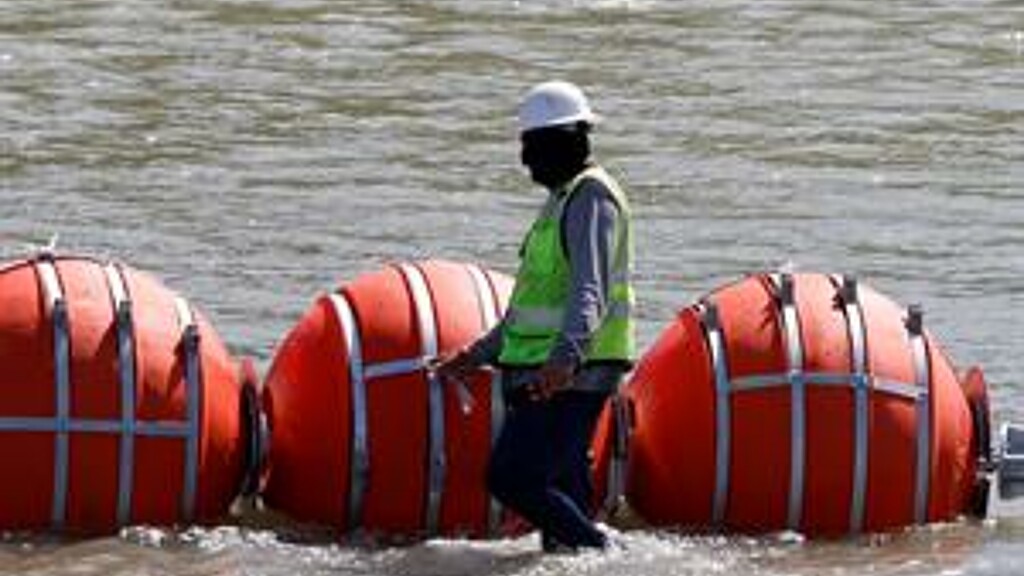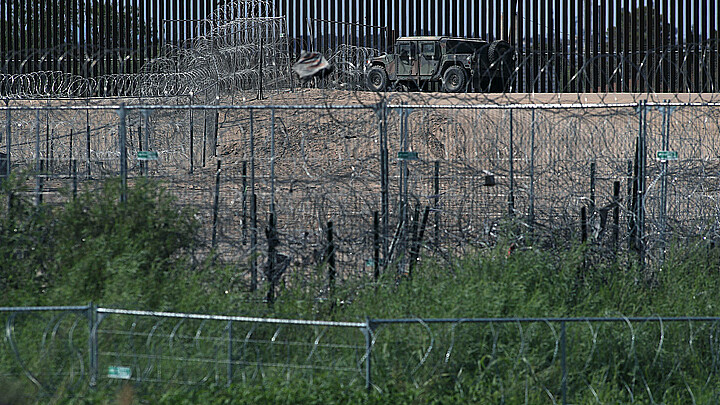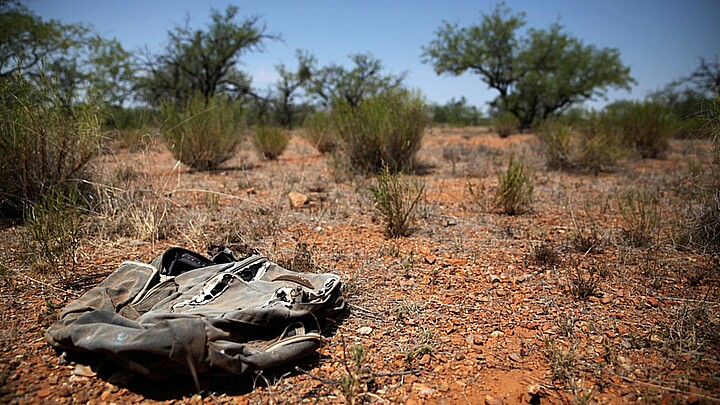Immigration
Justice Department sues Texas over floating border wall
The lawsuit, filed in federal court in Austin, claims that Texas installed the structure without proper authorization

July 25, 2023 7:54am
Updated: July 25, 2023 7:54am
The U.S. Justice Department on Monday sued the state of Texas over its floating border wall installed in the Rio Grande River to prevent undocumented migrants from crossing the southern border.
The lawsuit, filed in federal court in Austin, claims that Texas installed the structure without proper authorization and is creating an obstruction in U.S. waters. Such a move would have required approval from the U.S. Army Corps of Engineers, it claims.
"We allege that Texas has flouted federal law by installing a barrier in the Rio Grande without obtaining the required federal authorization," Associate Attorney General Vanita Gupta said in a statement.
"This floating barrier poses threats to navigation and public safety and presents humanitarian concerns."
Texas began installing the first 1,000 feet of the new barrier near the city of Eagle Pass, Texas last week. The barrier is made up of four-foot-wide buoys equipped with weights and netting that are designed to rotate if someone attempts to climb over them.
According to the court filing, the lawsuit seeks "to remove all structures and obstructions, including a floating barrier and all infrastructure related to the floating barrier, in the Rio Grande."
Texas Governor Greg Abbott has said that the barrier is meant to prevent thousands of undocumented migrants from entering the country illegally amid a “record-breaking level” of migration.
"We believe we have the right to do so, and we will take this lawsuit all the way to the United States Supreme Court," Abbott said.
Last week, Mexico filed a complaint with the U.S. government regarding the floating barrier, claiming that it might be violating boundaries and water treaties between the two countries.
"We are sending a mission, a territorial inspection," said Mexican Foreign Relations Secretary Alicia Barcena, "to see where the buoys are located... to carry out this topographical survey to verify that they do not cross into Mexican territory."
Additionally, a Texas Kayaking company filed a lawsuit against the barrier after it claimed that the wall would prevent it from giving kayak tours in the Rio Grande River and would cause “imminent and irreparable harm” to the company.










